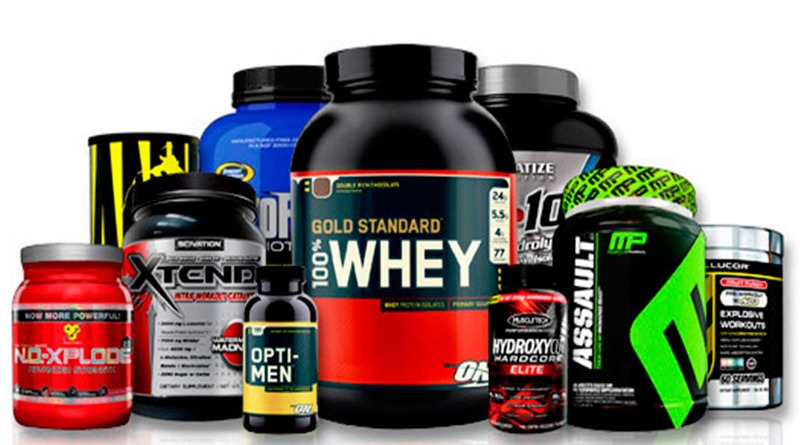Degrees in sports nutrition
Sports nutritionists are in demand, particularly as more people prioritize fitness, sports, and health. Working with professional athletes or corporate clients can offer good job security in 2025, especially for those with the right mix of certifications and experience royal ace casino reviews.
Most states have requirements in place for sports nutritionists and dietitians to become licensed. Exactly what the standards are for licensing will depend on the state. Usually, however, it includes meeting certain experience standards and having completed a minimum level of education before sitting and passing an examination. Licenses are usually only valid for a specific period of time, after which they must be renewed by either retaking the examination or by proving participation in relevant continuous education credits.
Increasing your pay as a Sports Nutritionist is possible in different ways. Change of employer: Consider a career move to a new employer that is willing to pay higher for your skills. Level of Education: Gaining advanced degrees may allow this role to increase their income potential and qualify for promotions. Managing Experience: If you are a Sports Nutritionist that oversees more junior Sports Nutritionists, this experience can increase the likelihood to earn more.
Sports nutrition supplements
The Uniformed Services University and the U.S. Anti-Doping Agency maintain a list of products marketed as dietary supplements that contain stimulants, steroids, hormone-like ingredients, controlled substances, or unapproved drugs and that can have health risks for warfighters and others who take them for bodybuilding or other forms of physical performance .
Odds are you were probably told to drink as much orange juice or take a Vitamin C tablet around cold and flu season to keep your immune system in tip-top shape, but it does much more than that. Getting enough Vitamin C will also ensure your cells, skin, blood vessels, and bones are healthy. It also helps speed up wound healing.
When it comes to supplements (like protein powders or pre-workout beverages), you want to use them sparingly. As you’re consuming more than the general population to keep up with your level of athleticism, supplements should be used to fill in a gap and not as a meal replacement.
Sports nutrition can require a lot of fine-tuning, especially when you’re just getting started. Working with a dietitian and a physical fitness trainer can help get you the support you need for your specific situation.
Its effectiveness is endorsed by bodybuilders and athletes everywhere and by the International Society of Sports Nutrition. “Creatine monohydrate is the most effective ergogenic nutritional supplement currently available to athletes with the intent of increasing high-intensity exercise capacity and lean body mass during training,” the organization wrote in its official journal. (17)

Elite sports nutrition
This guide to eating healthy on a budget can be a useful resource, but if you’re a coach who’s working with an athlete, it can also help to understand the problems presented by “food deserts” and “food insecurity.”)
This book is the ultimate resource for anyone looking to educate themselves on both the nutrition necessary for optimal athletic performance and the simple recipes you can use to get there. Take your performance to the next level with nutritious, simple, and convenient recipes!
This doesn’t mean, however, that you can’t enjoy butter or bacon (in moderation). Your goal: You want 80 to 90 percent of your fat intake to come from the “Eat More” and “Eat Some” columns of the food list below. The other 10 to 20 percent can come from whichever column you prefer.
What’s most important is that you nail the essentials. Many athletes who accomplish this don’t ever need more advanced (a.k.a. time-consuming) strategies like meticulously counting every morsel they eat.
As a Registered Sports Dietitian and Personal Trainer, I combine fueling your active body with proper training for optimal health and performance in one comprehensive program. I take a holistic stance in your health from a food first, supplements second approach that takes you from poor performance to performance powerhouse!
Athletes need carbs to be at their best. If you don’t get adequate amounts, your energy levels will suffer. This negatively affects not only your physical performance but also your mental performance—causing slower reaction times, poor decision-making, lack of focus, and deterioration of technique (think: throwing, shooting, and running mechanics).9